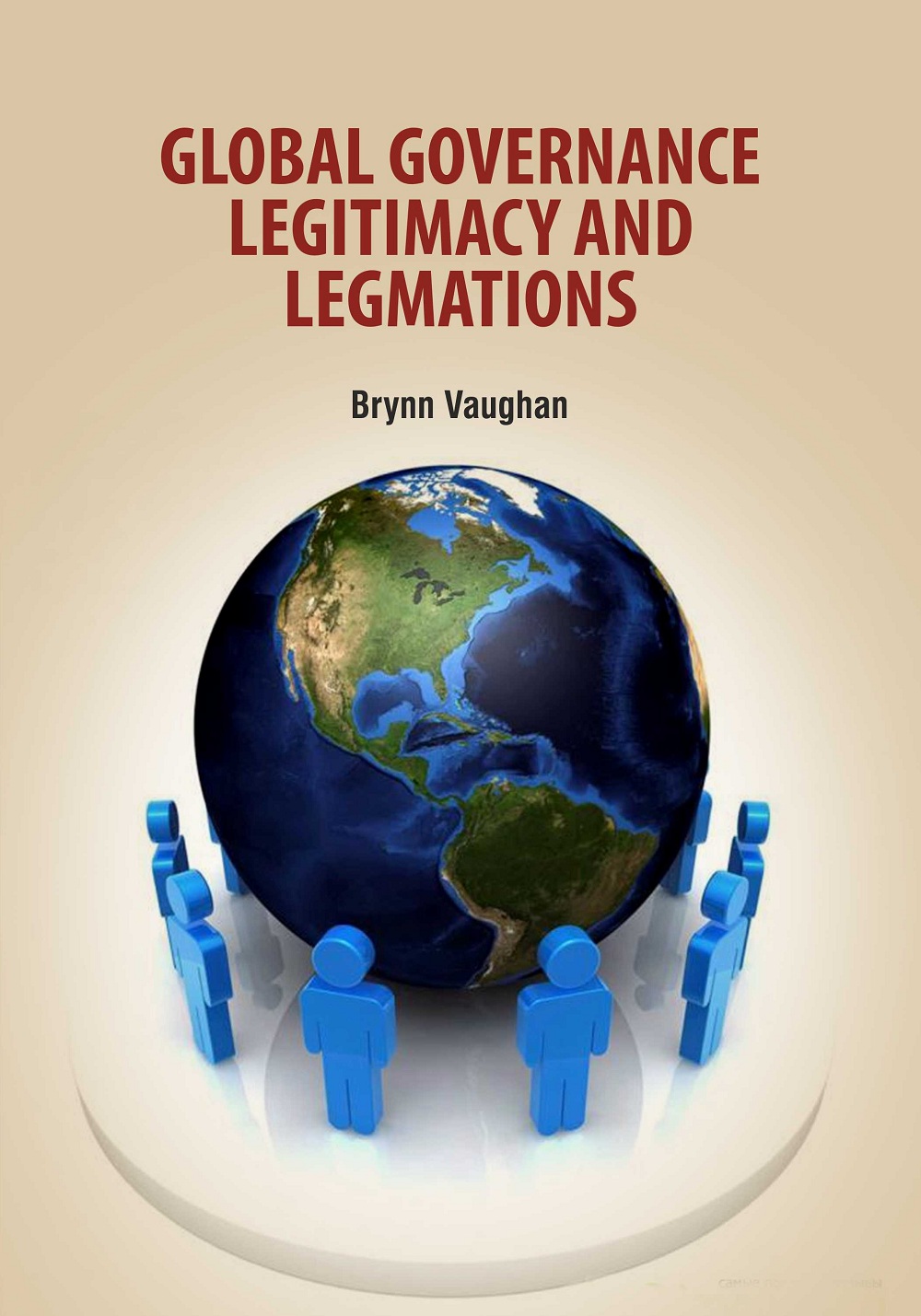Global Governance Legitimacy & Legimations Brynn Vaughan
- ISBN: 9781788823340
- Edition: 1st
- ©Year: 2020
- List Price : 140
About the Book
The realm of global governance continually grows more diverse in form, substance and influence, making questions about its legitimacy and legitimation increasingly intriguing. Debates on standards for assessing the legitimacy of global governance organizations and rules have proliferated in contemporary academic study and political practice. Scholarly study of governance beyond the nation state is filled with theoretical contention, usually along the lines of the competing perspectives employed in the field of international relations. Debates on how and why legitimacy beyond the state matters, and on the standards against which to assess such legitimacy, have proliferated with regard to the global governance realm. If legitimacy is understood as a property attributed to an organization, policy or actor, legitimation refers to the activity of either seeking or granting legitimacy. The analysis of legitimation brings strategic attempts to justify or challenge existing power and authority relations to the fore, in ourcase particularly those embodied in global governance organizations. Emphasis is put on multi-level governance, underlining the relevance of regional governance as a link between the local and global. A central argument in the volume is that the legitimacy of global governance is weak, while the way to make it more legitimate is to enhance the participation of state and non-state agents, give a strong role to statehood and democratic politics, and place priority on the public interest over private/corporate interests.
Contents: 1. Introduction, 2. Legitimation of Global Policy Priorities, 3. Legitimation Challenges in Global Health Governance, 4. Legitimacy,Tribridity, and Decent Work Deficits,
5. Legitimation and Public-private Governance, 6. Good Governance in Developing Countries, 7. Business- Humanitarian Partnerships Processes of Normative
Brynn Vaughan is Professor of Development, Democratization and Conflict in the Institute for Politics and International Studies. He is the author of The Politics of Quasi-Government: Hybrid Organizations and the Dynamics of Bureaucratic Control and was for 7 years on the faculty of the School of Management. He is also the author of The World Bank and Social Transformation in International Politics and a forthcoming book, International Development and Global Politics, both published with Rutledge. His research straddles political theory, Global Governance, international politics and international development. His recent work has largely involved Governance-related and social reconstruction issues in which field he has carried out many research and consultancy exercises.

